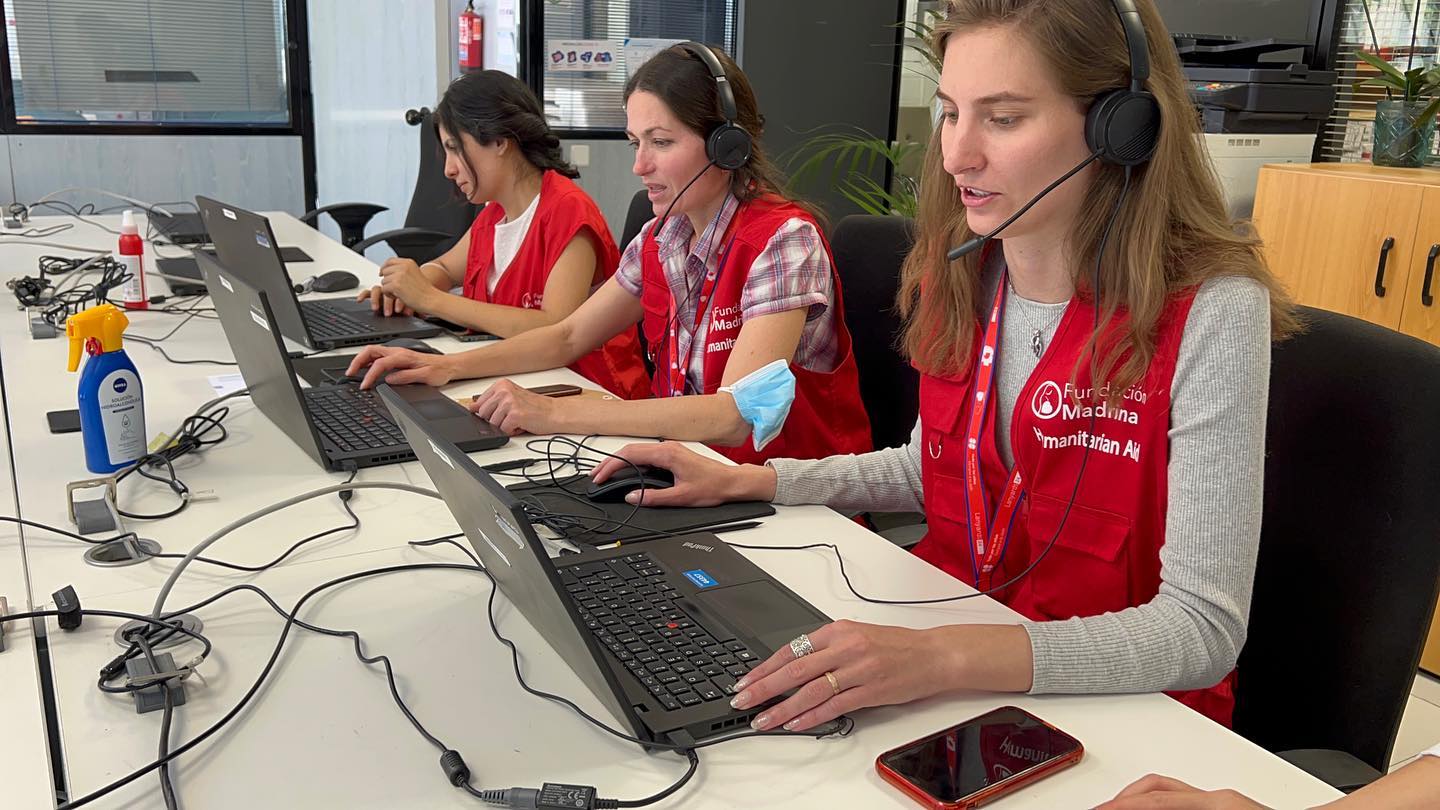
Ukrainian refugees in Spain are returning almost as quickly as they came, according to the Fundación Madrina in Madrid.
Approximately 135,000 Ukrainians found refuge in Spain during the initial flight from the country in February following the immediate shock of the Russian invasion. The Fundación Madrina, a charity dedicated to helping women and children, was on the front lines of receiving and welcoming many of the families. It has 1,800 families it is supporting with the help of hosts, and it operates a 24-hour call centre for refugees.
But according to a recent announcement made by the foundation on social media, many refugees are either deciding to return to Ukraine or are moving to other countries due to the lack of opportunities they have found in Spain to restart their lives, even if temporarily.
According to the non-profit, “the host families are already beginning to feel the economic pressure of maintaining between 2 and 5 more members, especially with the rise in fuel, electricity and food prices;” the refugees are having “problems” with the language; they face “economic and job uncertainty;” “they cannot bear to live permanently on charity.”
Spain has one of the highest unemployment rates in the European Union. Refugees have also complained that Spanish bureaucracy is cumbersome and slow.
Speaking to the newspaper La Vanguardia, a Ukrainian named Vitaliy who welcomed 57 refugees with the help of his friends, explained the desperation of some Ukrainians in Spain.
“Many people want to return because they can’t find help from the Spanish government and all the procedures are long, and then they lose hope and feel that they are in someone’s house without being able to contribute anything,” Vitaliy said.
Refugees were promised they would receive Spain’s newly implemented Minimum Vital Salary, but they are only entitled to it once they’ve lived in Spain for a year. This leaves them with no resources at the time they need them most—while they are adjusting, looking for work, and learning the language. Refugees are completely dependent on their hosts, and often feel like a burden to them.
Data from the Ministry of Inclusion, Social Security, and Migrations show that since the Russian invasion of Ukraine began and the population began to emigrate from the country to flee the war, 47,231 Ukrainian citizens of working age have arrived in Spain with a temporary protection authorization. Just over three-fourths of them were women. As of 30 April 2022, approximately two months after the start of the war, 6.5%—equalling 3,019 people—were employed: 40% had found jobs in a disparate variety of fields, 29% in the hospitality sector, 10% in agriculture, 9.7% in construction, and 7.7% in commerce.
